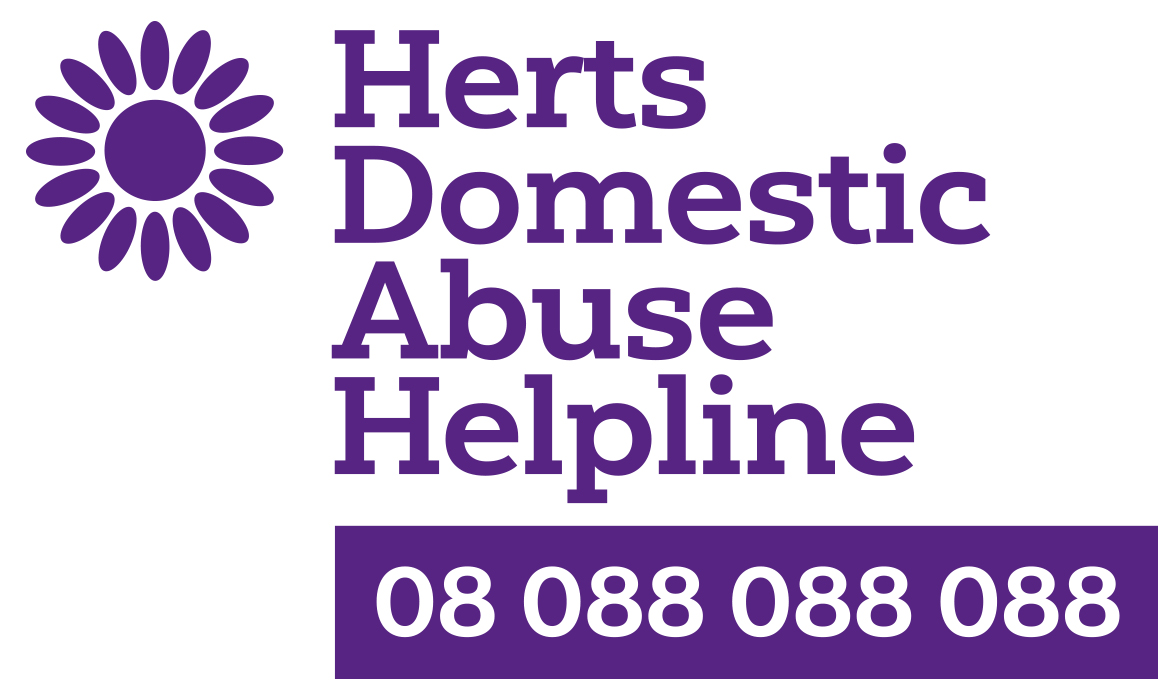The 16 Days of Activism against Gender-Based Violence is an annual international campaign that kicks off on 25 November, the International Day for the Elimination of Violence against Women, and runs until 10 December, Human Rights Day. This year’s theme asks us to UNITE. Supporting and investing in women’s rights and organisations, understanding root causes and spotting signs to prevent, is key to ending violence against women and girls.
The Hertfordshire Domestic Abuse Helpline asks us to start here, by reading this short article on the prevalence of victim blaming and its shattering effects.
The harmful practice of victim blaming runs deeply through societal attitudes, causing extra suffering to survivors, particularly women and girls who bear the brunt of this never-ending form of violence.
Domestic abuse is a complex issue, often concealed behind closed doors, making it challenging to address. But a huge problem society has, is the tendency to place the blame on the victim rather than the perpetrator. This dangerous mindset manifests in questions like, "Why didn't she leave?" or "What did she do to provoke it?" or statements like:
IF she didn’t put herself in that situation, it wouldn’t have happened.
IF she wasn’t wearing that revealing outfit/alluring makeup, it wouldn’t have happened.
IF she didn’t act so flirtatiously, it wouldn’t have happened.
IF she didn’t drink so much, it wouldn’t have happened.
Grace Millane was strangled to death in Auckland by her Tinder date, Jesse Shane Kempson. In the media frenzy that followed, Grace Millane was ridiculed for her interest in BDSM (bondage, discipline, sadism and masochism) and use of dating apps, and called naive for trusting in them. Is she therefore to be held responsible for her own murder?
Most recently, A Conservative police commissioner accused of victim-blaming in the wake of the murder of Sarah Everard resigned after being told there was a “catastrophic lack of confidence” in his position. Philip Allott, who oversees North Yorkshire police and the region’s fire service, was criticised after he said women “need to be streetwise” about powers of arrest and should “just learn a bit about that legal process” in case they were approached by officers.
Let’s not forget Luke and Ryan Hart’s experience of having to put up with ‘what did his wife do to cause this nice guy to murder her’ type stories in the press after their dad killed their mother.
While we may think we live in a progressive world that no longer condemns women for their sexuality or behaviour, the language used in courtrooms covering cases of male-perpetrated violence against women and the news articles that report on them tell an entirely different story—a story in which female victims are viewed as responsible for their treatment at the hands of male attackers.
Often, we take language at face value. However, beneath the surface are stubborn histories that continue to reflect and construct the world around us, subtly conditioning our perceptions.
Such inquiries not only perpetuate harmful stereotypes but also divert attention away from the root cause of the issue—the abuser.
Victim blaming is the cause of a fundamental misunderstanding of the dynamics in abusive relationships. It oversimplifies the web of fear, manipulation, and coercion that traps victims, making it exceedingly difficult for them to escape. By shifting responsibility onto the survivor, society becomes complicit in perpetuating the cycle of abuse.
The consequences of victim blaming are far-reaching. It discourages survivors from seeking help, perpetuates a culture of silence, and fosters an environment where perpetrators can act with very little remorse. It reinforces harmful stereotypes that cast doubt on the credibility of survivors and minimizes the gravity of the abuse they endure.
To dismantle this toxic narrative, we must acknowledge that the accountability lies squarely with the perpetrator. It is crucial to educate society about the complexities of domestic abuse and challenge the misconceptions that contribute to victim blaming. Empathy, compassion, and understanding must replace judgment, allowing survivors to come forward without fear of reproach.
Shattering the chains of victim blaming requires a collective effort. Communities, policymakers, professionals and individuals must unite to dismantle structures that make up this harmful practice. By standing in solidarity with survivors, we can create a culture that supports the healing and justice of domestic abuse. Only then can we hope to break free from the shackles of victim blaming and pave the way towards a society where everyone is free from domestic violence.
16 Days of Activism against Gender-Based Violence | UN Women – Headquarters

